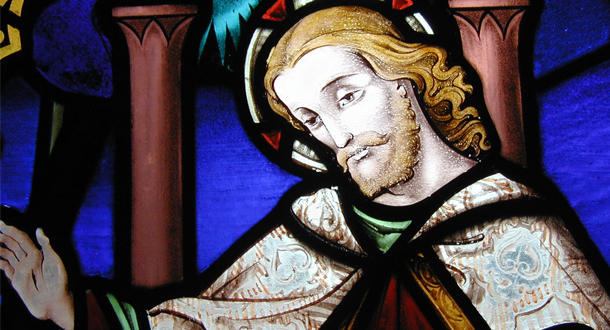 Scripture:
Scripture:
Malachi 3:19-20
2 Thessalonians 3:7-12
Luke 21:5-19
Reflection:
As we approach the end of the church year, we might expect a word of reassurance and encouragement. But that is not what we are given in today’s gospel. Instead of comfort and consolation, Jesus describes a world in which everything is falling apart. The gospel begins with some people admiring the temple in Jerusalem. Jesus shocks them by promising that a day will come when this beautiful and majestic temple will be nothing but rubble. It gets worse when, rather than foretelling peace, Jesus prophesizes “wars and insurrections,” but also “powerful earthquakes, famines, and plagues….” If this is the future that awaits us, how can we hold to hope?
But the most unnerving prediction Jesus makes is that following him will be immensely costly. Instead of love and adulation, the path of discipleship will lead to misunderstanding, adversity, persecution and suffering, and perhaps even death. If we take Jesus’ message to heart and make his way of life our own, we should not expect friends and admirers, but enemies. Worst of all, some of those enemies may come from the people closest to us: parents, brothers and sisters, relatives and friends; indeed, the very ones we were sure loved us may betray us.
Given the tribulations that Jesus says await his followers, how can we possibly persevere? Hidden in these predictions of woe is one very consoling message. Jesus says no matter how many people might threaten and oppose us because of our love for him, “not a hair on your head will be destroyed.” The saving truth in those words is that God will never forsake us. If that isn’t enough to steady us, consider the first reading today from the prophet Malachi. There we are told that “the day is coming, blazing like an oven,” when all evildoers will be reduced to “stubble.” Why can we have hope? Because evil does not prevail, God’s love and justice do. That’s the truth we need to cling to, the message we need to take to heart.
Paul J. Wadell is Professor Emeritus of Theology & Religious Studies at St. Norbert College in De Pere, Wisconsin, and a member of the extended Passionist family.

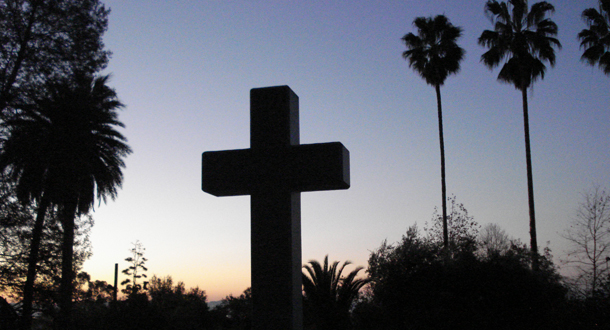 Scripture:
Scripture: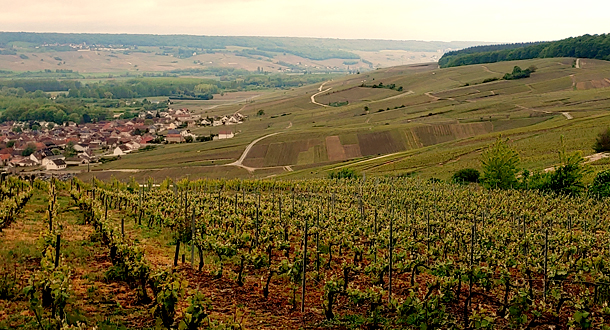 Scripture:
Scripture: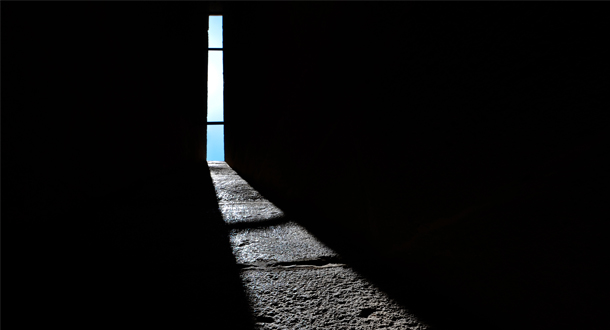 Scripture:
Scripture: Scripture:
Scripture: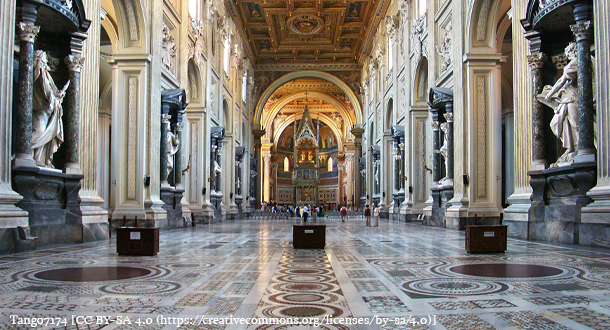 The Dedication of the Lateran Basilica
The Dedication of the Lateran Basilica Scripture:
Scripture: